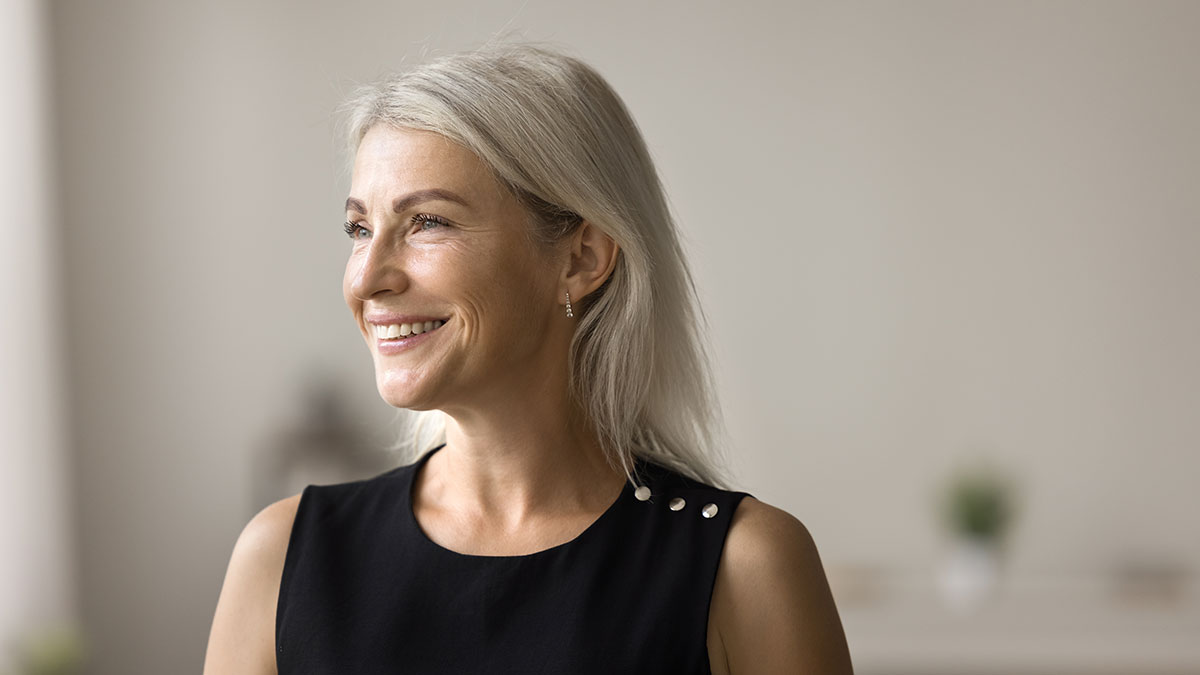Varicose Vein Treatments On The NHS
17 December 2012
The NHS will treat them only in the most extreme cases. But one leading vascular surgeon warns that varicose veins are like icebergs – most of the problem lies beneath
By John Scurr
PUBLISHED: 30 June 2012
 Varicose veins are so often dismissed as just a cosmetic issue.
Varicose veins are so often dismissed as just a cosmetic issue.
Yet most weeks in my clinic I see patients who have travelled from all over the country, many in constant pain and at their wits’ end.
They have saved for months to see a vascular consultant – even at the reduced rates we offer.
What’s most frustrating is that varicose veins can be easily and permanently resolved, but NHS bureaucracy prevents us from treating them as we would wish.
The correspondent quotes one surgeon saying “Unless you are literally bleeding from your leg, you’re very unlikely to be offered surgery on the NHS”.
Varicose-vein surgery was the most common procedure on the NHS. Then in 2001, the National Institute for Health and Clinical Excellence (NICE) decided it wasn’t necessary. At a stroke, patients were whisked off waiting lists and my clinic closed almost overnight.
Varicose veins, the surgeon explains “affect as many as a third of us – develop when a vein enlarges. It usually occurs in the superficial veins (those nearest the surface) in the legs. They are caused by various factors. Obesity will put extra pressure on the leg veins and some of us have a genetic tendency to weak vein walls. As we get older, veins naturally become more prone to stretching, and in pregnancy, hormones and the pressure of the baby affect vein walls.
Veins have valves in order that the blood flows in the correct direction – towards the heart. When a vein is stretched or enlarged, the valves don’t function and the vein becomes incompetent. Instead of blood going up the leg as it is supposed to, it goes both up and down and pools. Once it has started, it’s like a domino effect. As one valve fails, there is more pressure on the next one, and so on.
Once this domino effect has started, these veins will only get worse. In many cases they can seriously affect or even destroy quality of life, as they also cause swelling and pain in the legs, itchy and restless legs and swollen ankles.
The surgeon states that “Most patients will visit their GP on numerous occasions. But by the time you have noticed your varicose veins, they will be worse than you realise. They are like icebergs. Most of the problem lies beneath.”
The Primary Care guidelines suggest that that referral to a consultant from your GP occurs only if the veins are bleeding. A typical GP key recommendation is wearing compression stockings for at least six months to encourage circulation in the leg, but these are not comfortable.
In addition, even if you get a referral to NHS vascular surgeon, surgeons are under such pressure that they may not have time to respond to cases marked as non-urgent.
Over ten years, there was a 34 per cent decline in the number of total finished consultant episodes for varicose-vein treatment. A total of 55,609 procedures were performed in 1998-99, whereas only 36,923 were performed in 2007-08. It is estimated that in 2012-13that fewer than 10,000 procedures will be performed by NHS which are deemed to be “Complex cases” as the NHS struggles to manage its limited resources.
Ian Loftus, consultant vascular surgeon and spokesman for the Royal College of Surgeons, suggests that we need to find a proper scoring system for varicose veins, based on how much the patient is suffering and whether there are signs of long-term damage. He also suggests using ultrasound to assess them.
 It is admitted by the NHS, that patients will have to live with their varicose veins, especially if the problem is predominantly cosmetic. But if circulation in the lower leg is compromised and it looks as if the condition will deteriorate, then independent clinics such as Skin Medical, can offer various treatments with excellent success rates and a low chance of recurrence.
It is admitted by the NHS, that patients will have to live with their varicose veins, especially if the problem is predominantly cosmetic. But if circulation in the lower leg is compromised and it looks as if the condition will deteriorate, then independent clinics such as Skin Medical, can offer various treatments with excellent success rates and a low chance of recurrence.
Radiofrequency ablation introduces a catheter into the vein and heats it up, causing the vein wall to close. Lasers can be used to destroy the veins and the effectiveness of a procedure called sclerotherapy – which injects foam into the veins and forces them to collapse – has come on immensely in the past decade.
The Daily Mail correspondent quotes “For now, in all but the most extreme cases, patients have no option but to go private. Prices for a consultation, including scans, average about £500. Treatments range from £2,500 to £5,000, with lasers and radiofrequency being the most expensive.”
The Good news is that at Skin Medical, we are able to provide Consultations including Duplex ultrasound scans for £150, with NHS Vascular surgeons on a private basis and treatments from £995. Treatments for use of laser, radio frequency and Clairvein cost £1,695 for one leg and £1995 for two legs.
Watch NHS Video Animation:
http://www.nhs.uk/conditions/Varicose-veins/Pages/Whatarevaricoseveins.aspx


 Menu Item
Menu Item